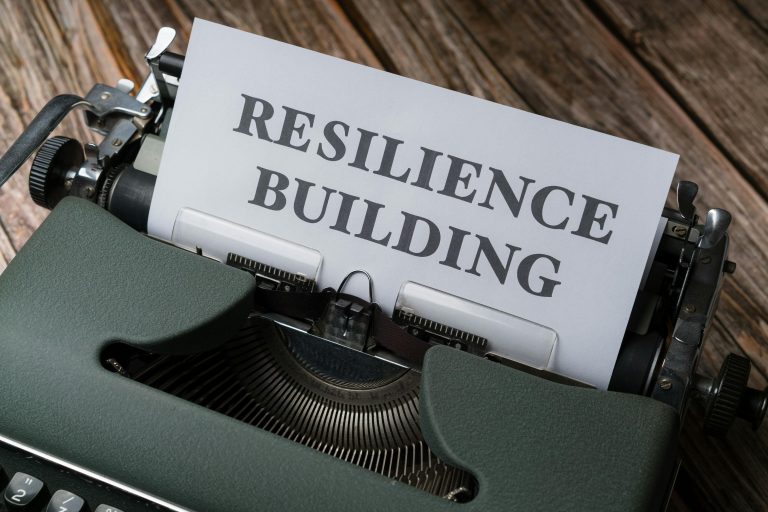In today’s fast-paced global business environment, more and more organizations are seeing the benefits of travel security courses for their employees. It’s not just about understanding cultural differences or ensuring travel bills are correctly filled out. Large organizations now have dedicated global security managers who teach and monitor employees on their business trips. Even the Big Four—KPMG, Deloitte, EY, and PwC—offer such services. However, the focus within the travel security field often seems to cater to a small niche: those traveling to high-risk areas such as Ukraine, the Gulf of Oman and Colombia to name a few.
The High-Risk Focus
This niche focus on travel security for high-risk areas is indeed important and often dominates discussions among security professionals. But do most multinational corporations operate in such high-risk areas? The answer is, of course, no.
Most multinational companies have offices in regions where bombings, kidnappings, shootings, and serious crimes are not part of everyday life. So why do we focus so much on these high-risk scenarios? Is it because it’s exciting to talk about dangerous places with roaming bandits and heroic bodyguards who protect you? It’s almost like the movies, right? However, this focus can overshadow the everyday, practical measures that most business travelers need.
The Realities of Travel Security
So, what is travel security really about for most of us? For the majority of employees, travel security is about making smart, informed decisions to avoid common risks and ensure personal safety while on business trips. While high-risk scenarios get the spotlight, the everyday realities of travel security involve more mundane, yet critical, safety measures that can prevent incidents and protect employees.
The everyday risks faced by employees can range from minor inconveniences to serious threats. Traffic accidents, for example, are a significant risk in many parts of the world, often overlooked because they seem so commonplace. Additionally, petty crimes like pickpocketing and scams are prevalent in many urban areas globally. Employees must be aware of their surroundings and take proactive steps to safeguard themselves and their belongings.
Understanding and respecting cultural differences is also a key component of travel security. Misunderstandings or disrespect for local customs can not only offend locals but also escalate into more serious confrontations.
To effectively manage these everyday risks, here are some practical tips to keep in mind:
- Traffic Accidents: One of the most common risks employees face is traffic accidents. Before getting into a car, employees should check for seatbelts, talk to the driver to ensure he is alert and aware, and assess the condition of the vehicle—bulky, rusty, no taximeter? Maybe it’s better to choose another taxi.
- Pickpocketing: Don’t walk around with an open purse. It might look stylish, but it also attracts thieves in every major city. Avoid keeping your phone in your back pocket; it’s fashionable, but also easy for pickpockets to reach.
- Nightlife Risks: Employees exploring the night scene should be cautious. Men might get scammed in bars, while women could receive unwanted attention—both are quite common.
- Cultural Differences: Understanding cultural differences is crucial to avoid escalating conversations unnecessarily.
Practical Advice for Travelers
- Be Cautious with Belongings: Keep your things in your front pockets or a closed purse that’s very close to you.
- Explore Safely: Yes, see the town and explore the culture, but take the crowded, well-lit route instead of the faster, but almost empty, back alley.
- Stay Alert: Relax and have fun, but evaluate your surroundings and don’t drink too much (or none at all).
- Avoid Public Wi-Fi: Do not connect to public internet connections. The information on your computer and phone could be compromised.
Conclusion
In the end, travel security is about helping your employees make smart decisions to manage risks effectively. It’s not always about the dramatic high-risk situations we often hear about. Everyday decisions and awareness can significantly enhance safety and security during business trips. Additionally, having robust travel security measures in place can reduce costs associated with accidents and incidents. Lowering the frequency of such events can lead to lower insurance premiums and fewer claims, ultimately benefiting the company’s bottom line. It’s about helping employees make good decisions when traveling and ensuring that the organization is protected both financially and legally.
Interested in Learning More?
Our team includes a subject matter expert in travel security for The Norwegian Business and Industry Security Council, contributing extensive knowledge and experience to enhance industry standards.
If you find this topic interesting and want to learn more about how to enhance travel security for your organization, Stema Risk Management can help. Get in touch with us here.






